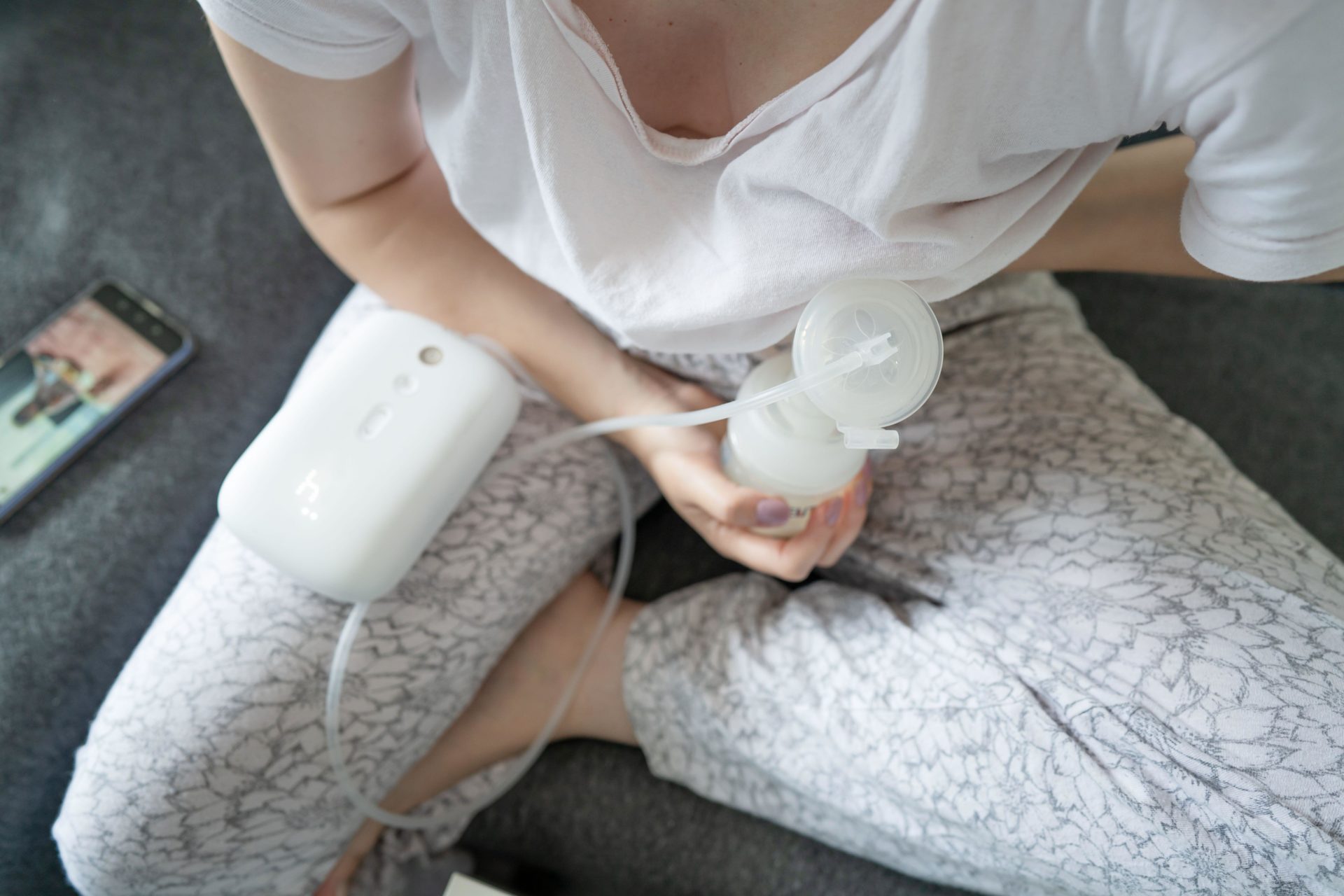New legislation on work-life balance should “normalise conversations around breastfeeding in the workplace”.
Under the Work Life Balance Act, the entitlement to breastfeeding breaks will be extended from the current period of six months up to two years.
Breastfeeding advocate Petrina told Lunchtime Live people can take a one-hour break, two 30-minute breaks, or three 20-minute breaks paid to breastfeed.
“Essentially what you probably have is a majority of mams pumping breast milk so then they'll have it for the following days,” she said.
While these breaks may cause issues in understaffed workplaces initially, Petrina said this legislation will make breastfeeding a natural part of daily life.
“It just allows the conversation around breastfeeding to open up in a natural way in the workplace,” she said. “I think that can only be seen as a positive thing.”
Opening conversations
By opening the conversation, an employer and employee can agree on a situation that works best for them, according to Petrina.
This legislation won’t just open the workplace to breastfeeding, but normalise it across Irish society, Petrina hopes.
 2G2AD6B Close up on midsection of unknown caucasian woman holding baby bottle and breast pump pumping milk for her baby - parenthood and motherhood concept to
2G2AD6B Close up on midsection of unknown caucasian woman holding baby bottle and breast pump pumping milk for her baby - parenthood and motherhood concept to“We have the lowest breastfeeding rates amongst Europe,” she said. “So, in terms of that - trying to improve breastfeeding in Ireland - it's amazing news.”
One listener texted in to say this is offering the same kind of privileges to other employees in the workplace.
"Smokers get a couple of hours a day, paid smoke breaks, this didn't require any level of legislation" they said.
'We're investing in the future'
Birth doula Lisa told the show this new policy will open up more support for working mothers overall.
“This is a conversation that we do need as a society because oftentimes the unpaid work of mothers goes unspoken,” she said.
“Knowing that if we invest in mothers now, we are also investing in the future generations.”
As a birth and postpartum doula, Lisa works with new mothers – and she said people may initially feel uncomfortable with breastfeeding breaks.
“People are of course going to maybe feel self-conscious or uncomfortable in different workplaces,” she said.
“But it's there, the platform is out there for them to be able to bring up this conversation.”
Education
More supports are still needed to normalise breastfeeding, however, according to Petrina.
“We have 19 maternity hospitals in the country, and we roughly just have over one lactation consultants in each which is obviously not good,” she said.
She said education in general would make a difference to encourage breastfeeding in new mothers.
“If the HSE advertise breastfeeding on the TV, like formula companies did, you know that would make a massive difference.”
You can listen back here:









